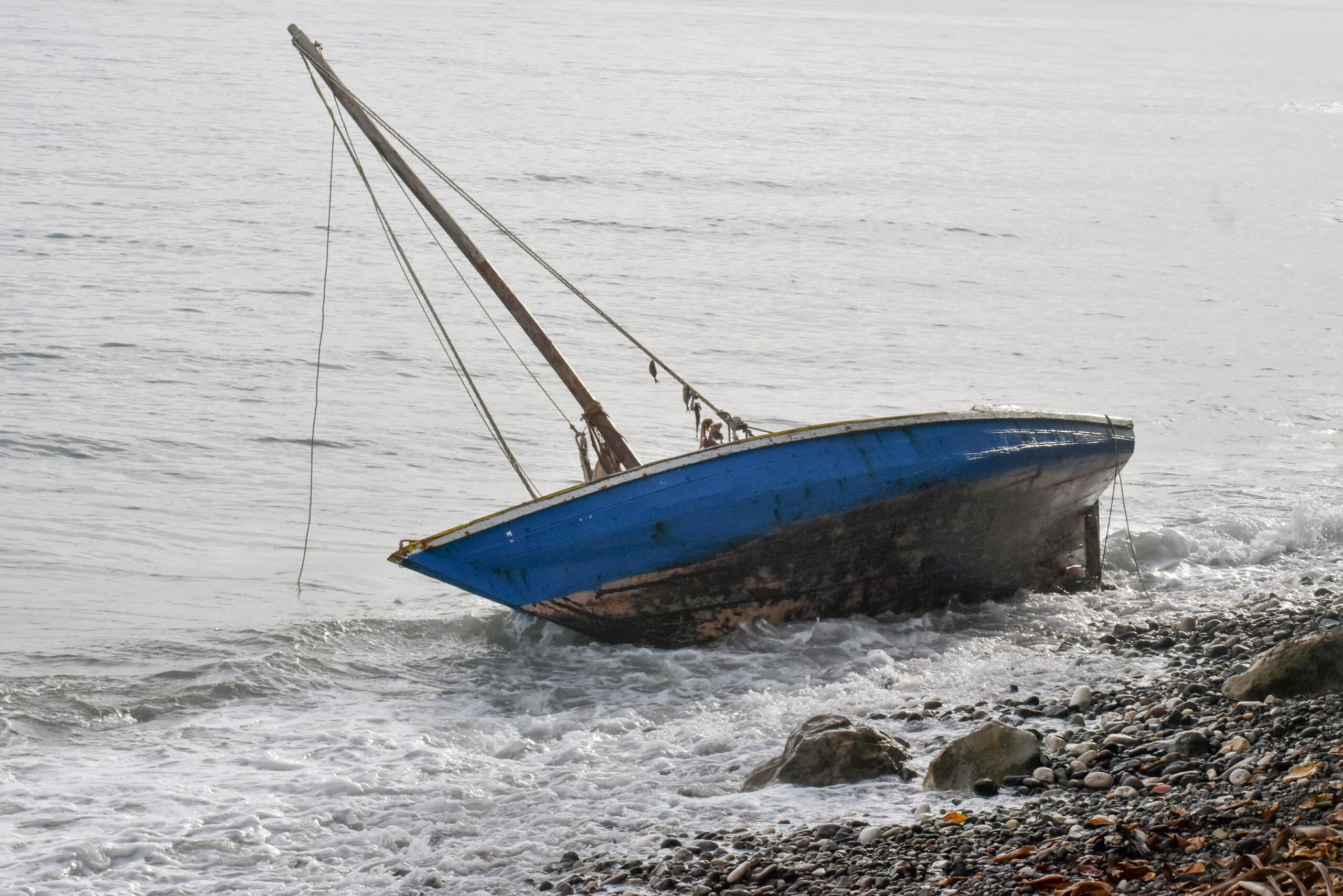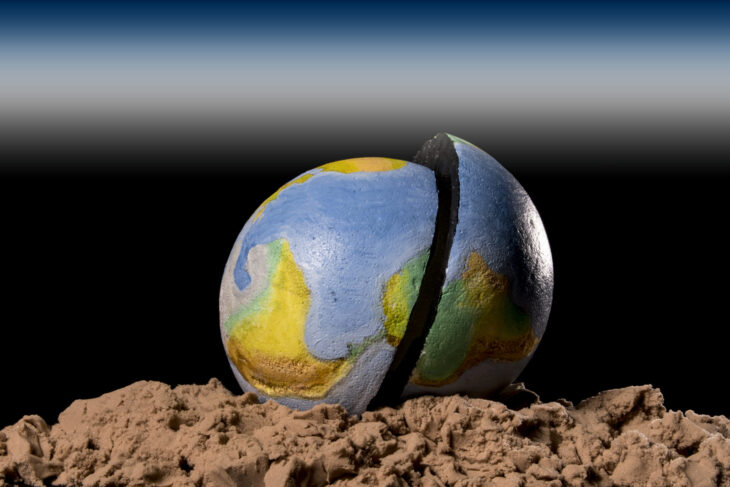
My father rushed into our one-room home, with its dirt floor and small windows with black cloths over them so that the soldiers could not know we were there.
“You have to pack up and run now, before the gangs come,” he said firmly, but not too loud.
This was the third time in one month that we had to “pack up and run”. My mother, my two younger sisters and my older brother had stayed (not really lived) in small one-room homes for almost a year now. Always on edge, not knowing when we would need to “run now”.
Our father was not at home the last time we ran. He had gone to get water and bread. We could buy little else for the little money we had. We could not take most of our clothes or shoes. We hid our valuable documents on our bodies. Everything fitted into a small bag tied tightly with string. We left a message for our father under the stones in a deep earthenware water jug at the back of the house. He would know where to find us.
We knew what happened before to my friend’s family. They were not able to run fast enough. A gangster pushed my friend’s mother, Giselle, on the ground with a big gun, and told her 19-year-old son to lie down and “do it” to her. Another gangster shouted “do it or I will blow your head to pieces”, shaking the gun at him.
Her son dared to object. He could not “do that” to his mother. Giselle lay on the ground and said to the soldier, with a firm voice and steely eyes “You do it to me instead. I die now for my one son”. The soldier “did it” to her. Her son survived, but was deeply affected by what he saw happen to his mother, unable to protect her. He rarely spoke after this and did not smile.
We had to run fast. My father was at home with us. He pressed some money into my mother’s hand and said: “Run now, stay together, look out for the tracks on the road where the sycamore trees are blooming. Hide under the branches until daybreak, then run again. Watch where the sun is rising, you will know where the beach is. The boat is there. Pray to our ancestors to clear the way for you to reach a place where you will be safe. Have faith in them. I pray to them also, until we meet again.”
We ran to the sycamore tree. As we rested, protected by its huge leaves, my father’s words came to me: “Pray to our ancestors to open the way to a place called Jamaica. They, too, have ancestors who were brought from Africa. They, too, are black. They will help you to be safe.”
We had to leave — or die in the most vicious and cruel ways. Nowhere was safe. The “killing gangs” had taken over our precious homeland. The misery, poverty and brutality are beyond us — we had to leave Haiti.
The journey was treacherous. So many of us were crammed into that rickety boat. It was terrifying. I was vomiting. There was not enough food or water, and we became weak. It made me think of my ancestors in the middle passage.
After 10 days we finally saw land. People came to help us drag the boat ashore and gave us food and drink. They were so kind. They were Jamaicans!
But soon the police took us away to a guarded camp. We requested asylum but we were fined for illegal entry. We are like prisoners. The children cannot attend school. The adults are prohibited from offering their skills to the community — as carpenters, masons, mechanics.
Now, after eight months in the camp, the Jamaican Government has refused us asylum. We feel defeated. And we are very fearful. Haiti is on fire, there is no safety, no life for us there.
But we are thankful for the kindness of some Jamaicans. We are thankful that for eight months we had food, shelter, and safety! We will pray to our ancestors to clear the path so that we can stay in Jamaica.



